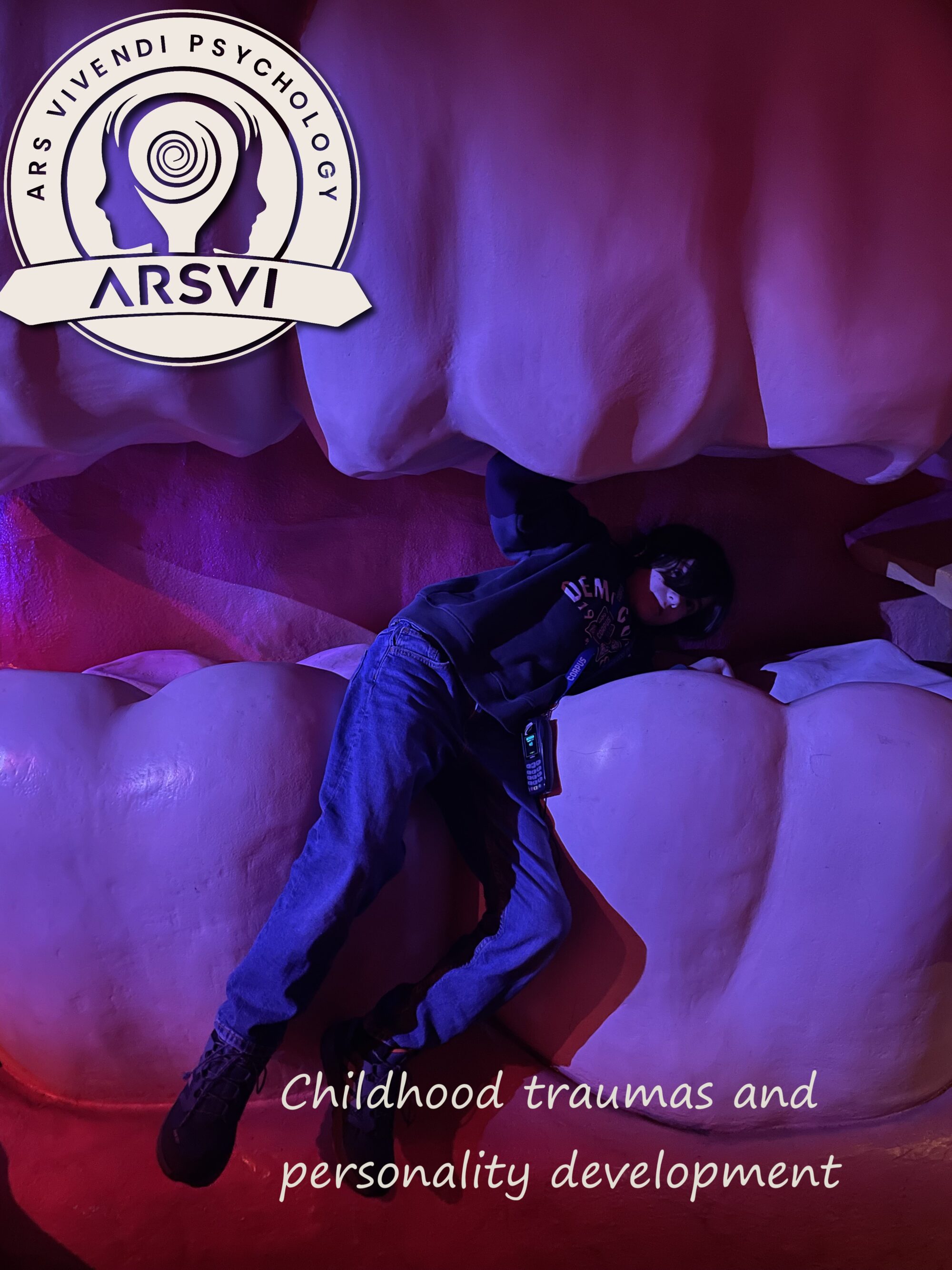Every individual’s personality is shaped by the experiences they have from birth. However, some experiences can leave deep marks on a person’s psychological structure. Childhood traumas are among the most significant factors that influence an individual’s self-perception, worldview, and relationship-building patterns. Traumatic experiences such as domestic violence, neglect, emotional deprivation, or loss can undermine self-confidence and affect resilience in facing life’s challenges in later years.
Traumas can trigger a range of defense mechanisms in personality development. Some individuals channel their pain into art, science, or their careers, turning it into a constructive force. However, others may hide behind their traumas, avoiding responsibility, shutting themselves off from life, or remaining in a constant state of victimhood. While hiding behind traumas may seem like a coping mechanism, in the long run, it can limit an individual’s potential.
So, what are the ways to cope with these traumas? First and foremost, one must acknowledge and not deny the pain they have experienced. Understanding oneself, identifying the source of emotions, and consciously accepting them are the first steps toward healing. Seeking professional help, such as therapy or counseling, can support managing this process more effectively. Additionally, engaging in artistic and creative activities, connecting with nature, and establishing healthy social relationships can contribute to the healing journey.
In conclusion, while childhood traumas play a significant role in shaping personality, how an individual copes with these traumas is the determining factor. Seeing traumas not as obstacles but as opportunities for growth and actively working through them can be key to developing a healthier personality.

